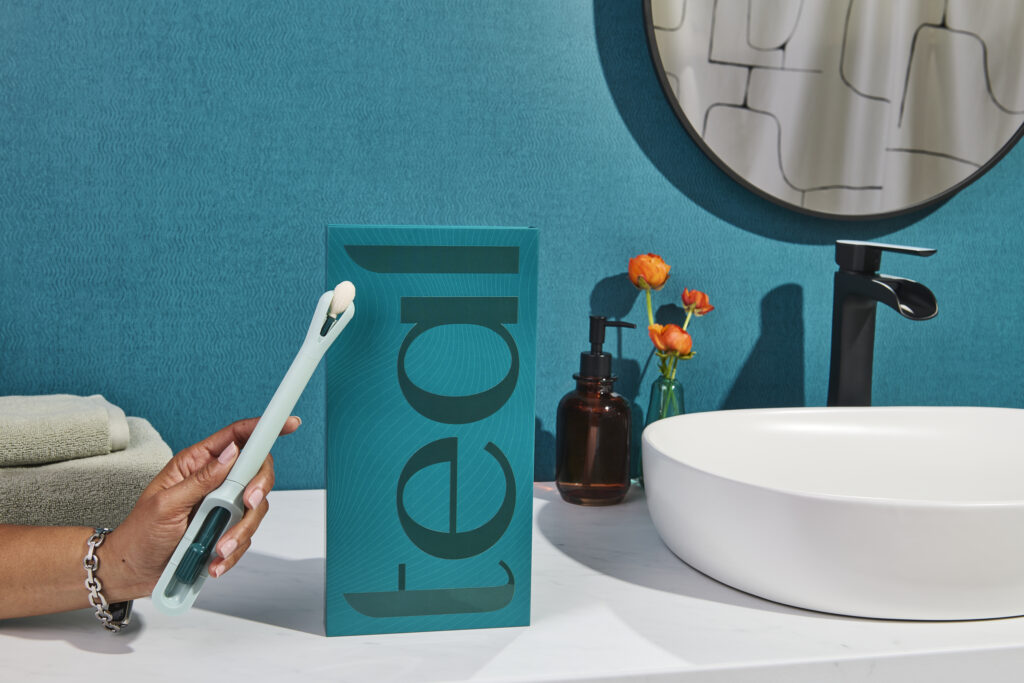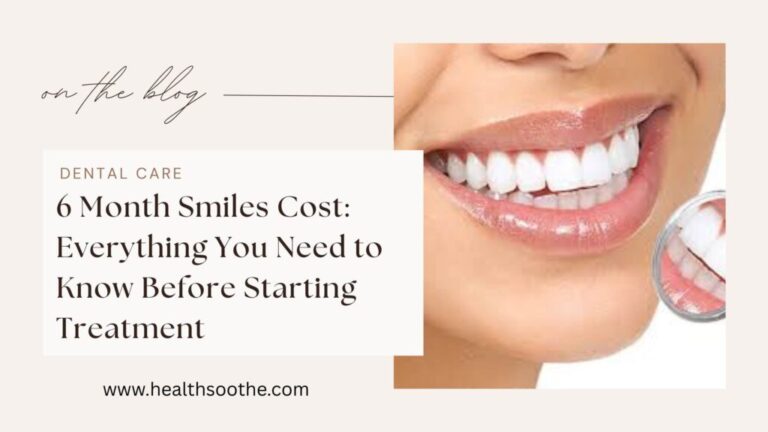
On Friday, a San Francisco-based startup received FDA approval for the first-ever at-home cervical cancer test.
The company, named Teal Health, was founded in 2020 and has raised $23 million. The startup has developed an at-home cervical cancer screening kit, which seeks to give patients an alternative to the in-office pap smear.
Many women don’t get a pap smear, which is the standard screening method for cervical cancer — CDC guidelines say that women should be tested regularly from ages 21-65, yet only 1 in 4 women of screening age get screened. Not only do many women struggle to find access to this exam, but many patients find the pap test to be uncomfortable and invasive.
Teal is addressing this problem by giving patients an option to administer their own cervical cancer screening in the comfort of their own homes.
Once a user has requested an at-home collection kit from Teal, their order is reviewed to ensure eligibility. After this, they have a short visit with a Teal provider, who prescribes them the kit and explains the process of collecting at home. Then Teal ships a kit to the patient’s home.
Using Teal’s screening device, called the Teal Wand, the patient then self-collects a cervical sample, seals the sample, and sends it to the lab. Once the sample is processed by the lab, Teal’s clinicians review the results, which are then shared with the patient via their secure Teal account.
If a patient receives a positive result, they can connect virtually with a Teal provider to discuss next steps — and if additional follow-up care is needed, they can coordinate the referral on Teal’s platform.
“Screening is only as successful as follow-up and triage. In the current standard of care, 75% of women aren’t taking the required follow-up steps. We think this ability to really explain to somebody what their results are and what their next steps are is critically important to solving that problem,” said Kara Egan, Teal’s CEO and founder.
The startup’s telehealth platform also ensures that providers are always available to answer any questions patients may have throughout any part of this process, she added.
Now that Teal’s test has received FDA approval, the startup is getting to work on commercializing the product.
“We’ve been waiting for it to get through the FDA. We believe the FDA is incredibly important because you really need to do a clinical trial to show that it is just as accurate [as a pap smear]. That’s important to women. We don’t want something that’s not as good. We want something as good, but more convenient and comfortable,” Egan explained.
Teal plans to acquire customers through direct marketing — and it will also pursue partnerships to help reach a broader audience through trust channels like providers, employers and payers, she said.
The startup is preparing to launch in California first, and it is already in network with Aetna, Cigna, UnitedHealthcare and Anthem Blue Cross Blue Shield, Egan stated.
“We’re also in conversations with several large national payers to get this covered nationally. For us, the goal is to make sure it’s affordable for women,” she declared.
She said Teal plans to start shipping tests to patients’ homes sometime next month.
Photo: Nicole Morrison




